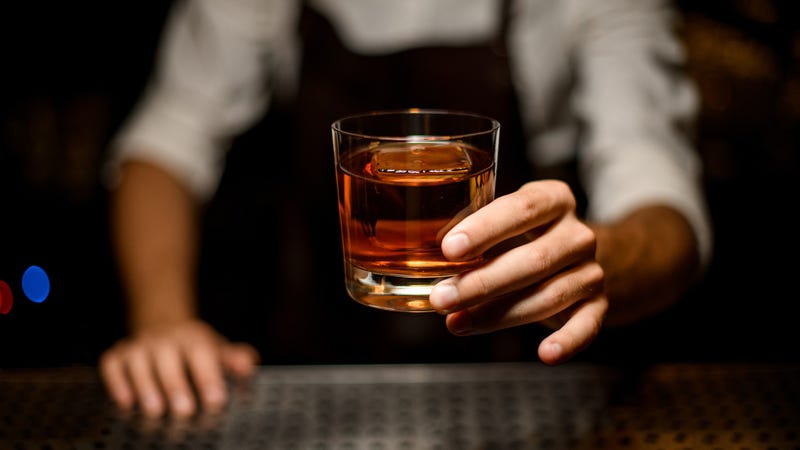
Next time you're out to drink in California and ask the bartender for another one, they will have to monitor your intake and intoxication levels before continuing to serve you a drink.
The new California law, known as the Responsible Beverage Service Training Act, goes into effect on July 1 and requires all workers at an establishment that serves alcohol to undergo proper training and pass an open-book exam, according to The Los Angeles Times.
The training is expected to last three-to-four-hours long and will go over "how alcohol affects the body, the consequences of over-serving, basic laws regulating alcohol and intervention techniques for dealing with inebriated customers."
There are about 56,000 establishments in the state that will have to follow the new law by Aug. 31, as the Department of Alcoholic Beverage Control (ABC) is giving restaurants 60 days to complete the training and exam. All workers, including bartenders, managers, and waiters, have to follow the law, while new hires must complete it within 60 days after they're hired.
"It is anyone who checks identifications, who takes alcoholic beverage orders, who pours alcoholic beverages such as bartenders and anyone who delivers alcoholic beverages," John Carr, spokesman for the ABC, told KABC-TV.
Carr added that the ABC won't penalize the establishments that have completed the training and exam, but instead, will help them get it completed.
"We are taking an education-first approach to allow the industry to adapt to this law. We want to help them achieve compliance," Carr told the LA Times. "We’re sensitive to the fact that these businesses have gone through many challenges during the pandemic."
Carr noted that Los Angeles County has 10,605 establishments that will be required to follow the law, making up about a fifth of all the businesses. The law was first passed in 2017, but has been delayed because of the COVID-19 pandemic. Here is how the training works for employees:
"Workers must first register with the Alcoholic Beverage Control Department and pay a $3 fee to receive a nine-digit ID for use in training and testing," the LA Times wrote. "Then restaurants — or the workers themselves — must pay a third-party company for online or in-person training. After completing the training, workers have 30 days and three attempts to pass the exam with a 70% or better score — otherwise they must restart the process."
There are 45 third-party training providers that have been approved by the ABC in California, as they aim to make it easier and more accesible for people to get the training completed. There are also six additional Spanish-language programs and one Chinese-language program that are expected to be approved in the near future.
Mike Brewer of Sire Bar & Grille in Riverside, California told KABC-TV that the training isn't the real challenge -- knowing when to cutting off customers will be after the law goes into effect.
"That is one of the hardest things for a server to do is to politely decline to serve somebody when they are showing signs of being intoxicated," Brewer said.


